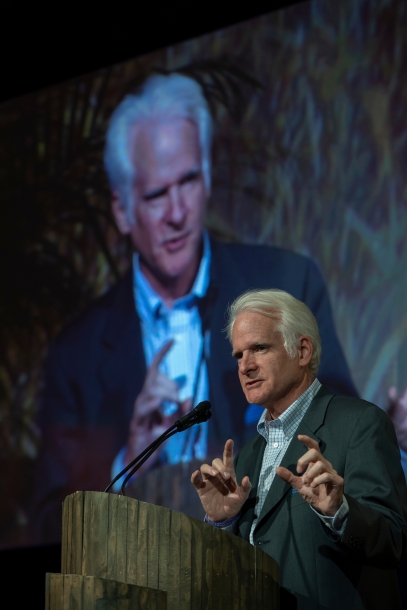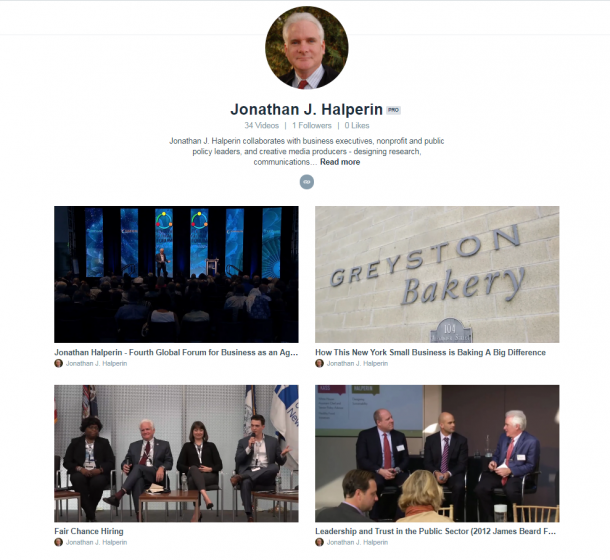You are here
What They Talked About in Helsinki.
Note: The fiercest competition today is for attention. More than any other, this is the market that counts. Dominate the market for attention and you wield a kind of power rarely seen across business, politics, and culture. As exemplified in the Trump Administration’s dizzying attacks, reality itself is under assault. The institutional cornerstones and conceptual underpinnings of democracy are profoundly at risk. Even as new revelations emerge every day, what we might call “The Helsinki Moment” is instructive. This dispatch thus looks somewhat wryly at change, shock, power, partnership and the limits we often place around our own imagination – of both the future and the past.
Helsinki was not an aberration. Trump is many things. Stupid is not one of them. It is time we stopped being shocked.
Trump and Putin share common goals and values: absolute need for loyalty, disdain for free and fair elections, willingness to use and discard people, and antipathy toward media. As has been well documented, they are also both vengeful, racist, misogynist bullies. They are united in a relentless drive for power amassed in all its forms: financial, institutional, political, and control of natural resources. The goal is clear: engineering the collapse of democratic institutions and societies around the world.
Trump is not so much Putin’s toady or agent as his enthusiastic partner.
The core topic in Helsinki was how well they are doing in this collaboration to bring forward their vision of a world run be authoritarian despots: elected, stable, geniuses as they fancy themselves.
The dust will not settle after Helsinki; and we will not return to the established norms of diplomacy, democracy, and allegiances. Helsinki was, rather, a harbinger of things to come. Trump is not going to now start reading briefing books; he is not going to repair relations with America’s allies of the last 75-years. Those relationships are finished.
Helsinki was intentionally announced publicly yet held privately to send myriad signals and warnings to foes as well as allies, to confidantes as well as would-be challengers. It was intended to and did serve to intimidate. And make no mistake, the reactions were carefully monitored – like political sonar, taking readings, to chart the next move. I spent 17 years working in the Soviet Union and post-Soviet Union with major western companies; this is a well-honed technique.
Understanding Putin and Trump as collaborators allows us to bring more clearly into focus the likely discussion points in the Helsinki meeting. On foreign affairs, the Middle East, Syria, Iran and Israel’s regional capabilities were center stage with discussion of who can tolerate what levels of military intervention where; timetables and sequence of military and diplomatic actions; and possible puppets, spokesmen and how to sow division among opposition parties. There was discussion of the need to perhaps instigate an action just provocative enough to warrant a pre-planned response.
Trump was also no doubt cautioned to manage his open disgust for German Chancellor Angela Merkel and to not be too hard on Putin’s all-important Gazprom – the global tentacles of which are essential to Putin’s apparatus.
On trade, aluminum, oil and natural gas figured prominently. Various commitments were made to ensure the ongoing allegiance of oligarchs such as Oleg Deripaska. Putin also pointedly reminded Trump that the global price of oil determines the state of the Russian economy. The stability and vulnerability of stock exchanges was also likely discussed – as these centralized markets are a juicy target. If one aims to shift the concentration of wealth on a global scale, well-timed stock market manipulation can accomplish quite a lot.
In the same vein, intelligence and propaganda was a theme threaded through the entire meeting. Putin shared some of his more refined propaganda techniques and urged Trump to develop a bit more patience -- to reduce his vulnerabilities, to manage some of his impulsivity. But Putin was sure to feed the American president’s ego with praise and admiration. Putin’s ability to read Trump’s body language (crossed arms, upraised eyebrow, tilted head) no doubt helped him find the right combination of ego-stroking and unsettling bluntness. Once a KGB agent, always a KGB agent.
Although not explicitly discussed, there was also clear recognition of the critical need to control data, access communications infrastructure, and manage the media. The combined power of post-Soviet intelligence operations, the porous security safeguards around US social media, and Trump’s power to access government databases was referenced as a key strategic asset of this new collaboration. Satisfaction was expressed at the prospect of a unified Russian/American monitoring, surveillance, and tracking system. With both leaders sharing a common desire to extract revenge against those who cross them, the energy around this unparalled capacity was palpable.
Putin no doubt praised Trump for conducting the various tests, for floating various trial balloons, such as encouraging the killing of journalists, not commenting when it happens, and maintaining ‘plausible deniability’ throughout. The use of ICE as a never-before seen U.S. internal security force was discussed and Putin provided suggestions and guidance to Trump for how to allow other figures to have just enough oversight that they can become targets of blame if things get out of hand. Trump expressed relief that the horrific images of kids in cages had vanished from the pages and screens of American media.
Trump complained mightily to Putin about the American judicial system continuing to be an obstacle in his efforts to rule -- as if a King or a Tsar, by proclamation or tweet. Putin praised for managing Justice Kennedy’s departure, keeping largely unnoticed connection to the critical Duetsche Bank loan by Kennedy’s son when Trump badly needed a billion-dollar cash injection. While the question of Trump pardoning himself was danced around, there was clear acknowledgement by both leaders that it was important to preserve the facade of an independent judiciary. Trump asked Putin if he wasn’t impressed also that the justice department switched direction just this month so that 501(c)4 organizations like the NRA no longer need to reveal donors. A knowing wink was exchanged.
Around guns and violence, they joked about how fun it would be to go hunting or at least to a shooting range, maybe bring some sexy girls, some vodka and beer, and have a little respite from the stress of leadership. But they moved on, speaking of girls; Butina. It was a good ploy, they agreed, to throw her away and see how the various institutions in the US responded, to garner intelligence on how much Mueller really knows. They considered if it would be needed to engineer some kind of quid pro quo personnel trade. Trading a girl who offered sexual favors to gain access in return for protecting Ambassador McFaul would be a delicious way for Trump and Putin to smear the good name of a diplomat – and yet appear that Trump was protecting him. Snowden was also briefly mentioned.
How to manage key assets was discussed extensively. And as part of a designing a pretext for announcing a joint Russian/American intelligence operation, various risk scenarios were reviewed. The pros and cons of creating and planting evidence, or digital footprints that would warrant investigation in Montenegro, or one of the Baltic states or in Ukraine/Crimea was also discussed. What would be the right level of crisis to engineer such that it would not spin out of control but be sufficient to further justify the collaboration?
Trump complained that he was beginning to be uncomfortable with the dance around election manipulation; if the hijacking of the 2016 election actually happened, then it might well be traced to someone ‘other’ than the Russians. Putin signaled empathy and understanding, agreeing that this trope might need to be refreshed as Trump has indeed referenced “other” quite a lot in this context. He promised to have his “boys” at 55 Savushkina Street in St. Petersburg look into some new messaging options that might reverberate well in social media.
Plans for hacking the 2018 elections were discussed and Putin thanked Trump for sending the Republican delegation to the Kremlin. Trump sought advice on the November 10th military parade in Washington, coming so soon after the elections on the 6th. Would it be too much for Putin to visit Washington and also view the parade with Trump? To what extent should Trump explicitly call for his base of armed supporters to descend on Washington to celebrate the mid-terms and militarize the Capitol? Acknowledging that this might be too “Soviet-like,” they agreed to wait a bit before deciding.
Near the end of the extended private meeting, Putin asked after Trump’s children and Melania’s health. With his arm a little too tightly around Trump’s shoulder, and in rather good English, Putin repeated his past reassurance; ‘I have no plan, absolutely no plan, to let the media know that we really did hack the election. No plans whatsoever.’
And thus, he reminded Trump that the compromising material he has is not sexual but existential. Putin can declare Trump a ‘loser.’
Jonathan J. Halperin managed a strategy and communications company in the Soviet Union and former Soviet Union for 17 years.
- jonathan.halperin's blog
- Log in or register to post comments

